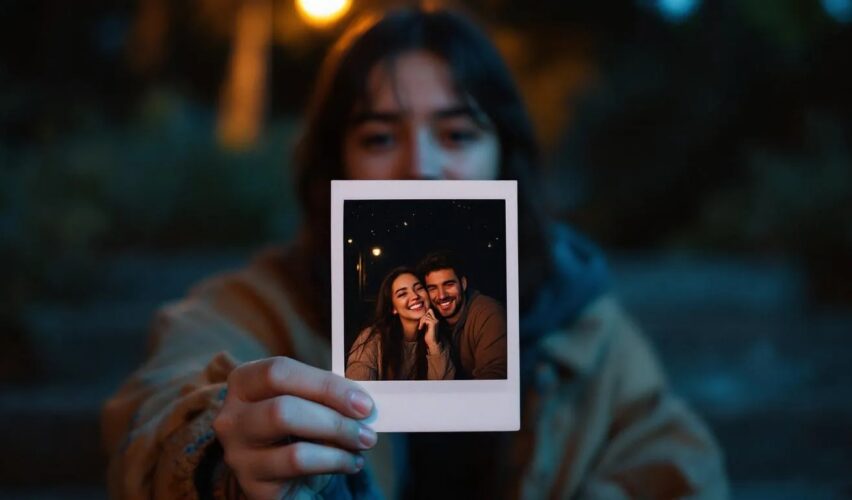Trauma feels like love when pain is the only language your heart understands.
You think you’ve found “your person,” but what you’ve really found is a familiar ache wrapped in someone else’s skin.
The Pull of Toxic Comfort
Humans crave the familiar, even if the familiar is what hurt them. That is why people raised in chaos often fall for chaotic partners. The arguments feel normal. The silence after fights feels like home. The emotional highs and lows feel alive, so you convince yourself this must be passion.
This is toxic comfort — the lie your nervous system tells you. It whispers that discomfort is intimacy because it is all you have ever known.
Love or Trauma Bond?
A trauma bond is not built on mutual respect or care. It is built on a cycle of hurt and reward. One moment you feel crushed. The next, you feel seen. That contrast is addictive.
Love is steady. It feels safe even when it is not exciting. Trauma bonds feel urgent, like you have to hold on or lose everything. You do not feel secure — you feel dependent.
Ask yourself:
- Do I feel safe when nothing is happening?
- Do I trust them in their absence as much as I do in their presence?
- Do I feel more anxiety than peace when I think of them?
If the answer is “no” to the first two and “yes” to the last, you are not in love — you are in a trauma bond.
The Lie You Tell Yourself
You tell yourself, “It’s this intense because it’s real.” But real love does not require you to suffer to feel worthy of it.
The truth: you are mistaking emotional spikes for depth. You think the pain means you care more, when in reality it means your nervous system is reliving old wounds.
You are not drawn to this person because they are “your soulmate.” You are drawn to them because they fit the shape of your damage.
Breaking the Pattern
Breaking free from trauma bonds is not about finding a new relationship — it is about building a new normal. That means learning to feel calm without mistaking it for boredom.
It means choosing people who feel safe instead of exciting. It means letting go of the part of you that believes love must hurt to be real.
This is not quick work. Your body will protest. You will crave the highs and miss the chaos. But if you stay with the quiet long enough, you will realize peace was the passion you were looking for all along.
What the Devil Wants You to Do
Keep mistaking chaos for passion.
Keep chasing the highs so you can survive the lows.
Keep believing that leaving will hurt more than staying.
Keep telling yourself “this is just how I love.”
The Devil wants you to keep playing the same role in the same story, just with different actors.
People Also Ask
-
How do I know if it’s a trauma bond?
If the relationship is a cycle of intense highs and crushing lows that leaves you anxious but unable to let go, it is likely a trauma bond.
-
Why does trauma feel like love?
Because your brain mistakes familiarity for safety, even when that familiarity comes from pain.
-
Why do I miss someone who hurt me?
You are missing the dopamine rush that came with the emotional rollercoaster, not the actual person.
-
Can a trauma bond turn into healthy love?
Only if both people are deeply committed to healing, but often the patterns run too deep.
-
What is the first step to breaking a trauma bond?
Stop romanticizing the pain. Call it what it is and refuse to dress it up as passion.
